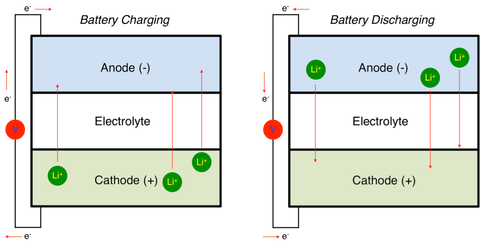Mavic mini using battery cell from samsung. It is INR18650-25R.Very interesting.
But I don't like this confronting information
It would definitely be more convenient if it's true that we can charge batteries to full after flight. Charge and forget. I would like that. On the other hand this charging and discharging at around 50% is more demanding. Not to mention that if you have batteries at 50% and suddenly you have great opportunity to go out and fly then you can't do that, and that can be very sad.
But we need to be careful about this because there must be some reason why DJI stated "If the battery will not be used for more than 10 days, it is recommended to discharge the battery manually until the battery level is between 39% and 75%."
Based on battery's datasheet, it just can last for 250cycle and after that it's capacity will drop >1500mA.
Dji recommend to discharge the batteries for long term storage based on that batteries manufacture.
So just follow the rules from dji manual and you will be saved from trouble.











